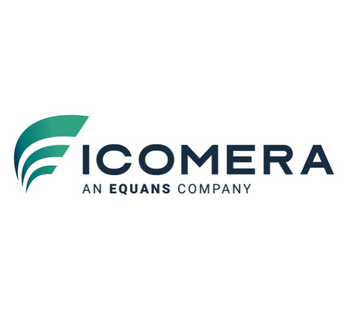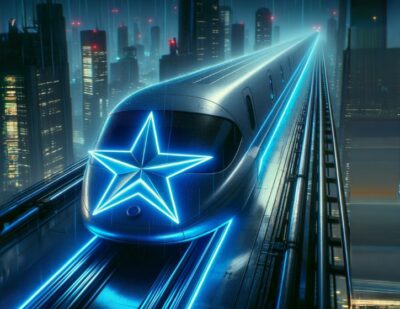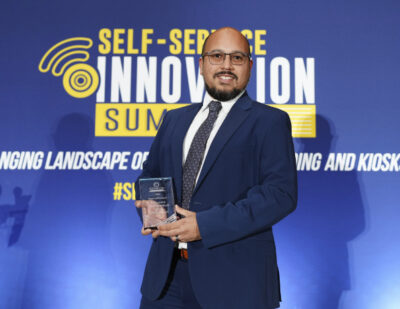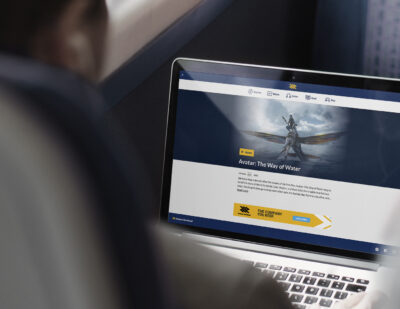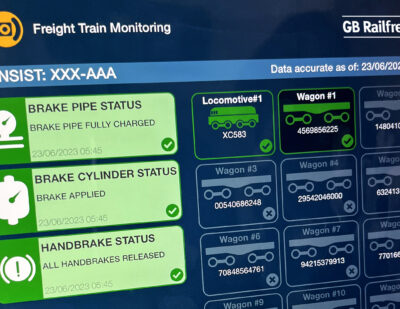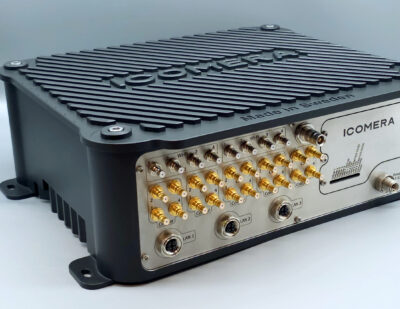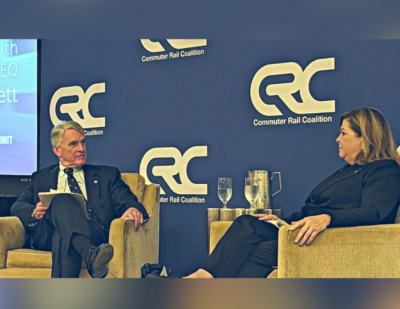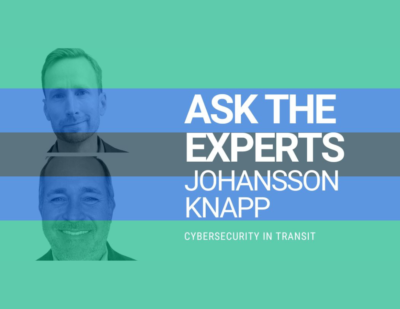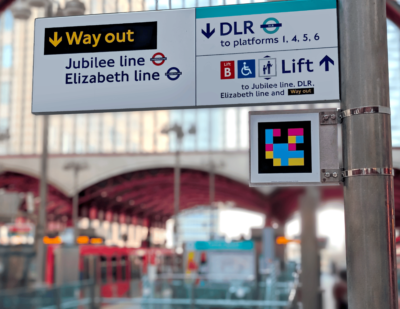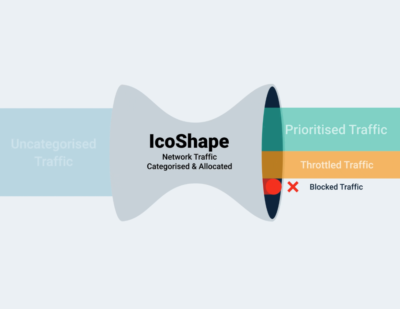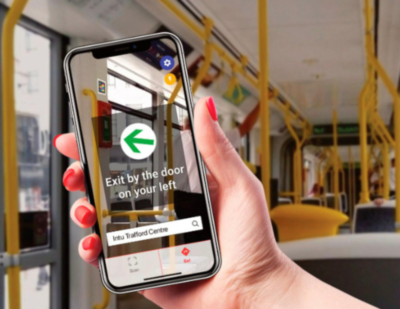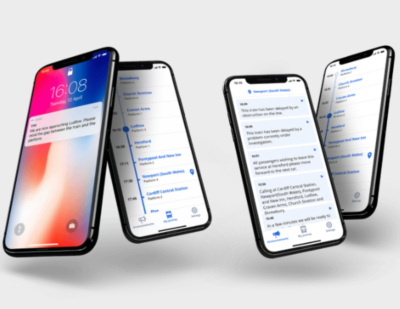Transit Asset Management (TAM) America sat down for an exclusive interview with one of the dedicated leaders behind Icomera’s strides in wireless technology, Gabriel J. Lopez-Bernal, President of Icomera North America.
As Shivani Saxena, Director of TAM America, interviewed Gabriel, she unraveled some of the complexities and critical concepts, including acquisition of rolling stock, operational longevity, procurement, technology life cycle, and partnerships.

The acquisition of new rolling stock is often a celebrated event for transit agencies and operators. However, there appears to be a disparity in attention given to operational longevity versus the first procurement. Could you elaborate on the repercussions of this oversight?
Yes, it’s true that procurement often overshadows long-term operational considerations. This narrow focus can lead to increased operating and maintenance costs down the line. Agencies need to be strategic from the beginning, ensuring that the technology integrated into their fleet is sustainable for future operations.
Considering the rapid pace at which technology evolves, how can transit agencies ensure that the vehicles they get today remain relevant and efficient in the future?
Transit agencies must change their approach by opting for flexibility in their procurement strategy. This means forming partnerships with manufacturers that allow for the integration of evolving tech over time, rather than specifying all technological aspects from the onset. It’s also about investing wisely in components that will offer long-term cost efficiency.
What are some common pitfalls that transit agencies fall into during the procurement process, particularly concerning technology choices?
Often, agencies release an RFP and expect a reply that suits future needs without realizing how quickly technology can evolve. This can result in vehicles that are technologically outdated by the time they enter service. Agencies also tend to entrust manufacturers with technology decisions, which may not align with the agency’s future-proofing needs.
How would you suggest transit agencies pivot their approach during procurement to better accommodate technological advancements?
Instead of merely buying equipment, agencies need to buy into an operation. By doing so, they’re investing in the service these vehicles will provide, not just the immediate deliverability of products. They must foster a partnership mentality where both the transit operator and the manufacturer collaborate on making the most informed technological choices up until delivery.
The relationship between transit agencies, operators, and manufacturers has traditionally been viewed as buyer, go-between, and supplier. How important is a partnership approach in this context?
It’s essential. When transit agencies and manufacturers work together in a partnership, they can use each party’s ability to make informed decisions. This cooperation can lead to the implementation of more advanced technologies, tailored to the specific needs of the operator and its passengers.
This article was originally published by Icomera.

